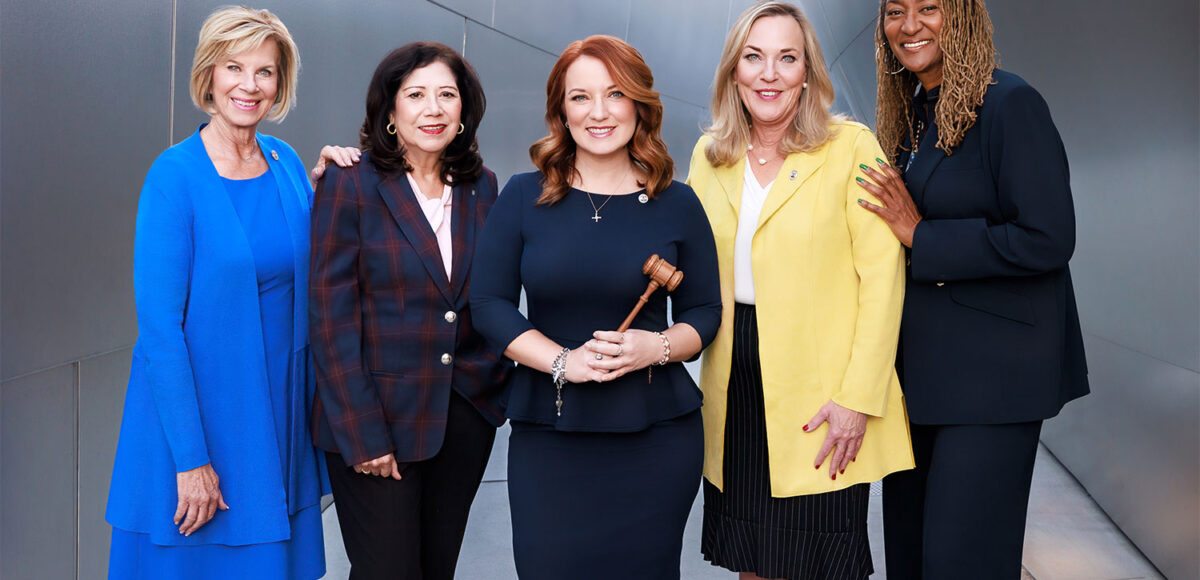The Los Angeles County Board of Supervisors began the first steps to implement Measure G — the ballot measure narrowly passed during the Nov. 5 General Election—which will expand the LA County Board of Supervisors and introduce additional ethics and accountability reforms to county governance. The measure was introduced by Supervisor Janice Hahn and LA County Board of Supervisors Chair Lindsey Horvath, whose district includes Beverly Hills.
The measure, approved by 52% of voters, is the first major change to the structure of LA County’s government in over 100 years, when voters approved a new charter in 1912.
By putting Measure G in front of voters, Horvath cited that the current county government structure of five members was not sufficient to accommodate LA County’s expansive population of 10 million people.
Measure G introduces a comprehensive set of reforms designed to enhance governmental transparency, accountability, and representation through amending the LA County Charter. These include prohibiting county officials from lobbying the county two years after leaving service, creating a Director of Budget Management and a County Legislative Analyst, and requiring departments to present their annual budget in public hearings. To oversee the implementation of these changes, Measure G calls for the creation of a Governance Reform Task Force who will consult with the public and key stakeholders. These provisions aim to reduce potential conflicts of interest and maintain the integrity of public service.
Though the changes are drastic, it will be carried out through a methodical 12-year process. By 2026, the Board will establish an Ethics Commission led by its Commission Officer. In 2028, LA County will hold its first election for the County CEO. Following the 2030 independent redistricting process, the Board of Supervisors will officially expand by four seats in 2032—part of Measure G’s intent to ensure broader representation for LA County’s diverse population.
The first step the Board took toward Measure G implementation was at its Nov. 26 meeting, where the Board unanimously approved a motion introduced by Horvath and Supervisor Hilda Solis establishing the 13-person Governance Reform Task Force.
“Our desire has always been and continues to be that we bring all voices into the conversation,” said Horvath. “I couldn’t dream of a better group of leaders to effectively and thoughtfully facilitate this transformation that Measure G initiates.”
The Governance Reform Task Force will lead the rollout of a number of changes set forth by Measure G. Its primary responsibilities include establishing the Independent Ethics Commission, developing a budget and staffing proposal for the expanded nine-member Board, creating a proposal and timeline to establish a Charter Review Commission, which will meet every 10 years to review the LA County charter, and creating a transparent process to publicly post board motions five days before official action.
In order to prepare the county government to transition according to the new charter amendments, the task force will instruct Edward Yen, the Executive Officer of the Board of Supervisors, and make recommendations on implementing changes to the county charter based on the provisions of Measure G. Additionally, it will research and analyze the county’s current government structure.
The final motion passed at the Nov. 26 Board meeting calls for an application process for those wishing to serve on the task force. The supervisors will then each appoint a member, who will select five at-large applicants from the business, county, government, and community sectors, and three members nominated by three labor groups, including the Coalition of County Unions, Los Angeles County Federation of Labor and the Service Employees International Union Local 721. Additionally, two members of the commission must be from unincorporated areas of LA County, and no more than two at-large members can reside in the same Supervisorial District.
By June 2025, the task force is expected to be fully seated, and they will continue working until Measure G’s complete implementation in 2032, overseeing the sweeping transformation of LA County governance throughout this 12-year process.
“This is the beginning of a new chapter for Los Angeles County governance—one where transparency, accountability and public engagement are at the core of our work,” said Horvath.







